Scientists using smartphone app warn of global sleep crisis
Sat 07 May 2016, 11:52:58
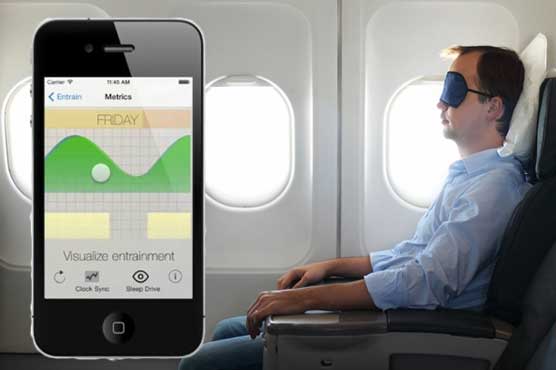
Social pressures are forcing people to cut back on their sleep, contributing to a "global sleep crisis," according to a new study based on research collected through a smartphone app.
It enabled scientists from the University of Michigan to track sleep patterns around the world -- gathering data about how age, gender and the amount of natural light to which people are exposed affect sleep patterns in 100 countries -- and better understand how cultural pressures can override biological rhythms.
"The effects of society on sleep remain largely unquantified," says the study published Friday in the journal Science Advances.
"We find that social pressures weaken and/or conceal biological drives in the evening, leading individuals to delay their bedtime and shorten their sleep." Lack of sleep is mostly affected by the time people go to bed, the study found. Middle-aged men get the least amount of sleep, less than the recommended seven to eight hours.
And age is the main factor determining amount of sleep. The research is based on data collected through the free smartphone app Entrain, launched in 2014 to help users
fight jetlag.
fight jetlag.
Scientists asked some 6,000 people 15 and older to send anonymous data about sleep, wake-up and lighting environment, enabling the scientists to obtain a large amount of data about sleep patterns worldwide.
The app also asks users to input information about their ages, gender, countries and time zones. Sleep is driven by an internal "circadian" clock, a cluster of 20,000 nerve cells the size of a grain of rice located behind the eyes, and adjusted according to the amount of light captured, especially natural light.
The average amount of sleep in the world varies from a minimum of seven hours 24 minutes in Singapore and Japan to a maximum of eight hours 12 minutes in the Netherlands, the study found.Although a difference of 48 minutes may seem inconsequential, a lack of sleep for half an hour can have significant effects on cognitive function and health, the researchers said.
People who need sleep suffer a reduction in their cognitive abilities without really being conscious of it, the new study says. "Impaired sleep presents an immediate and pressing threat to human health," it says.
No Comments For This Post, Be first to write a Comment.
Most viewed from Health
AIMIM News
Latest Urdu News
Most Viewed
May 26, 2020
Which cricket team is your favourite to win the T20 World Cup 2026?
Latest Videos View All
Like Us
Home
About Us
Advertise With Us
All Polls
Epaper Archives
Privacy Policy
Contact Us
Download Etemaad App
© 2026 Etemaad Daily News, All Rights Reserved.

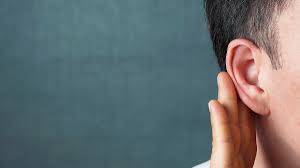


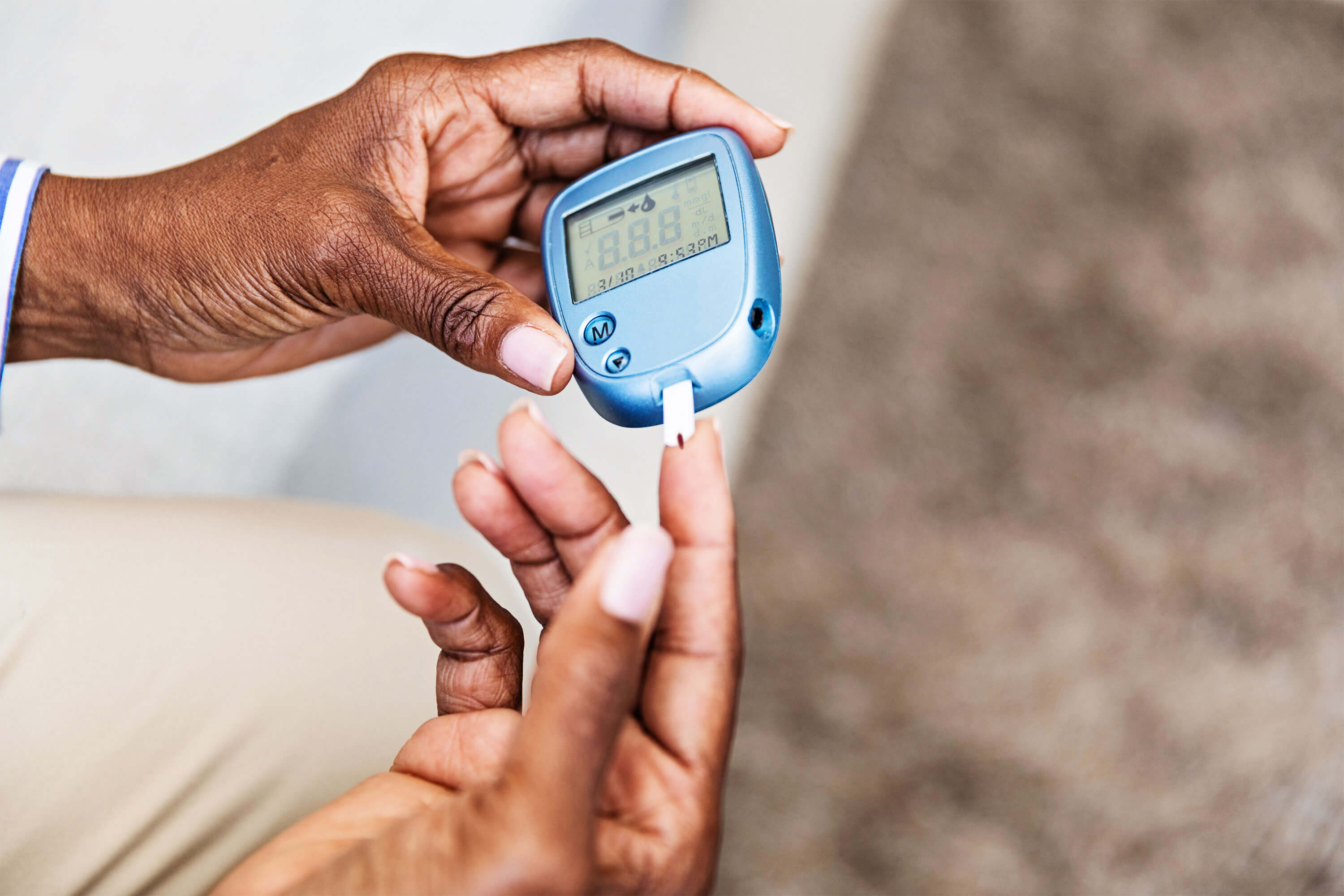



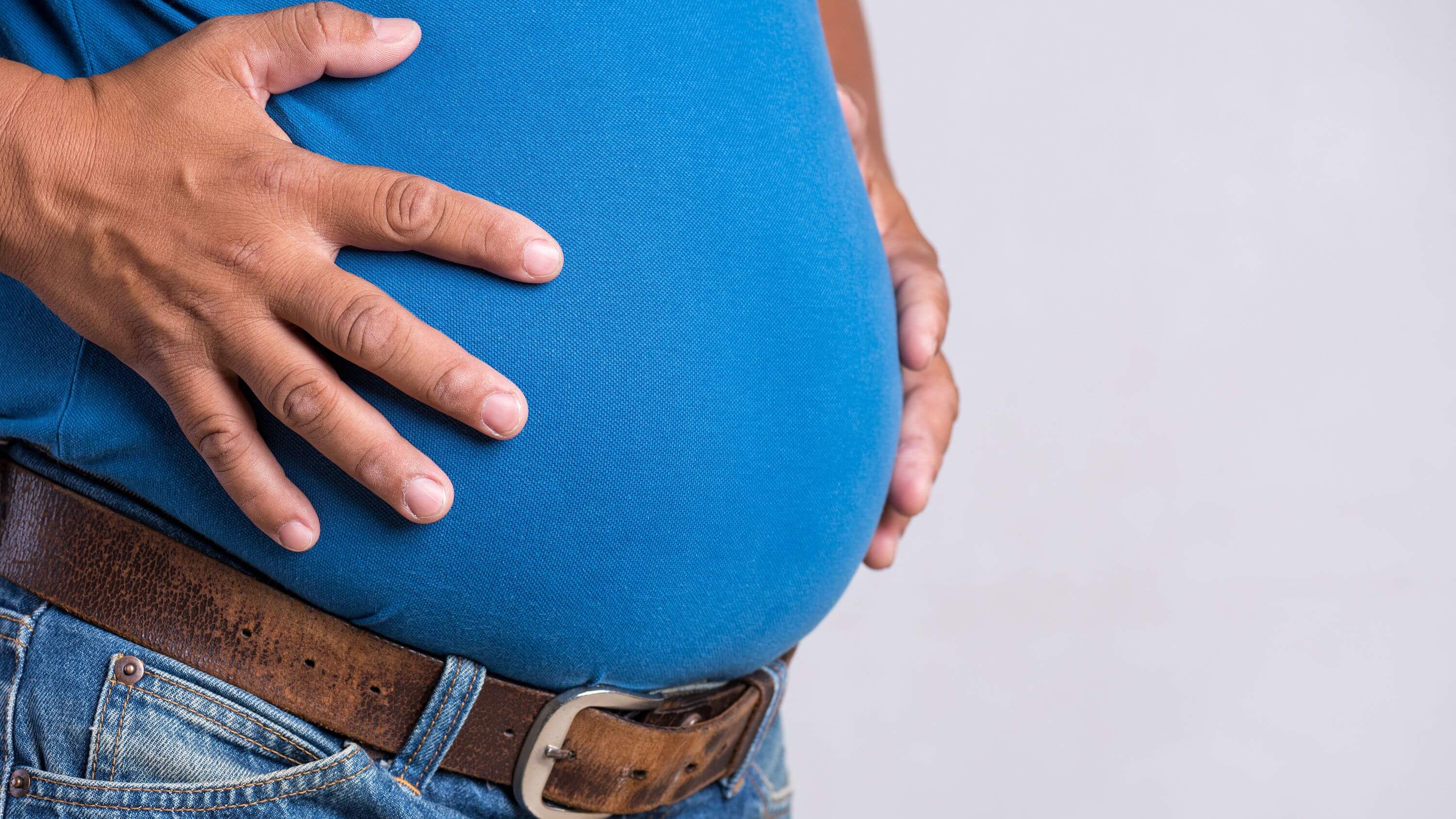


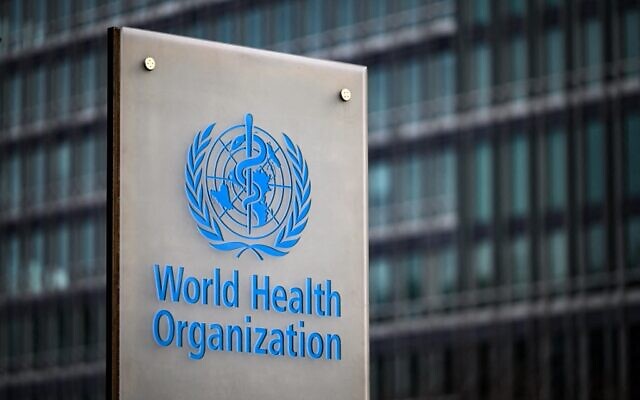





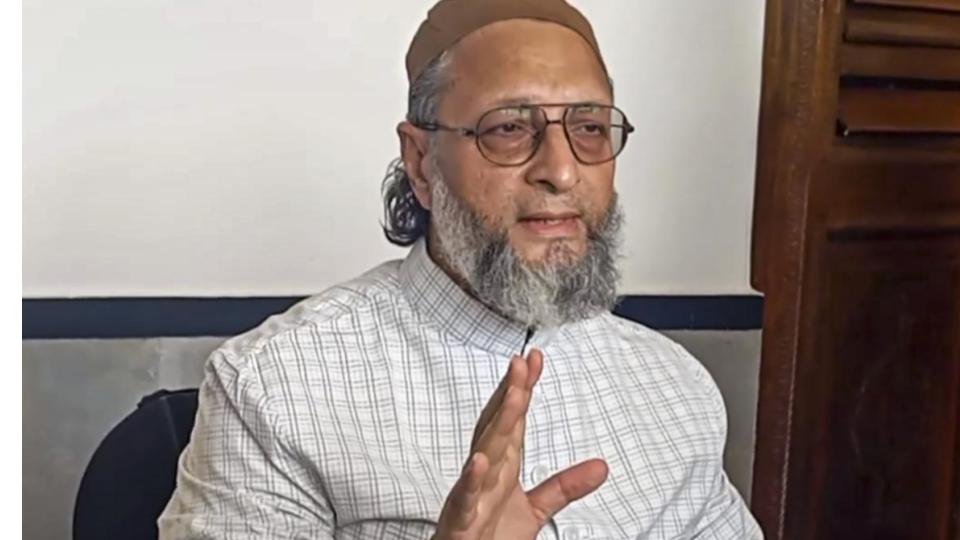







.jpg)
.jpg)
.jpg)


